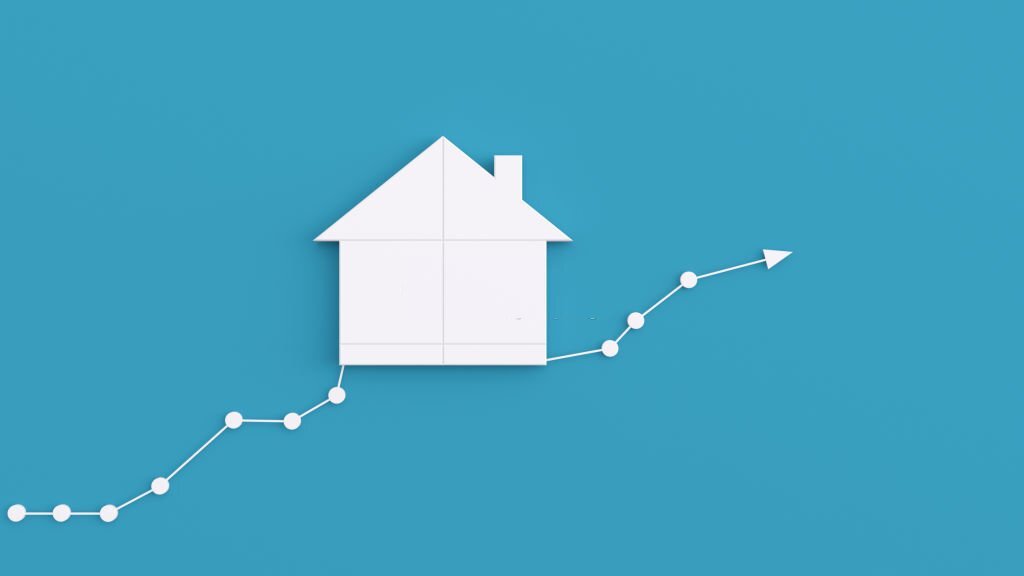The Reserve Bank’s decision to maintain the current interest rate comes as a relief for many, especially after witnessing a significant hike of 475 basis points between November 2021 and May 2023. This previous increase had taken the repo rate to 8.25%, with the prime lending rate sitting at 11.75%.
Dr Andrew Golding, chief executive of the Pam Golding Property group, commented on the development.
“During the period from November 2021 to May 2023, the consumer inflation rate dropped from a high of 7.8% in July 2022 to 4.7% in July 2023. Although it rose slightly to 4.8% in August, it remains comfortably within the inflation target range of 3-6%,” he noted.
Economists’ Predictions and the Reserve Bank’s Stance
A recent Reuters poll shed light on the expectations of economists regarding interest rates. Out of 30 economists, 29 predicted no change for this week. Furthermore, these experts anticipate a reduction of 75 basis points in 2024, potentially bringing the prime rate down to 11% by the end of that year.
However, the South African Reserve Bank (SARB) governor has hinted at the possibility of further rate hikes if deemed necessary. But with inflation projected to stay within the target range for the rest of 2023 and into 2024, there’s a growing sentiment that the interest rate cycle might have reached its peak.
Yet, challenges to the inflation outlook persist. Factors such as rising oil prices, a weakening rand, potential increases in food prices due to the El Niño effect and global temperature rises, and the ongoing issue of loadshedding, which forces businesses to rely more on diesel, all play a role. These challenges might prompt the Bank to maintain higher interest rates for a more extended period than some economists anticipate.
Residential Property Market Outlook
Despite the economic challenges, there’s a sense of optimism about the residential property market. Dr Golding shared his perspective:
“We are starting to notice the initial, albeit modest, signs of a market upturn, especially as we approach spring. While the Boland and Overberg regions continue to thrive due to semigration trends and their inherent lifestyle appeal, we’re also seeing positive indicators in Gauteng. Buyers recognize the value for money and believe it’s an opportune time to invest, even in the luxury market,” he said.
Noteworthy Trends in the Housing Market
A recent Pam Golding Residential Property Index highlighted a few intriguing trends. The average age of bond applicants reached a new high of 40 years in August 2023. This might be influenced by a surge in demand for investment or buy-to-let properties, accounting for 10.4% of total bond applications as reported by ooba.
The Index also revealed that national house price inflation is on the rise, moving from 3.6% in January 2023 to 4.0% in August. Gauteng’s house price growth of 2.9% is contributing to this national average. However, growth seems to be slowing in the Western Cape (4.7%) and KwaZulu-Natal (2.0%). Interestingly, houses priced below R1 million are seeing a surge in inflation, which stood at 8.2% in August.
The stability in interest rates, coupled with these emerging trends, paints a complex but cautiously optimistic picture for South Africa’s property market in the coming months.














